Mulching is an important way to keep soil healthy and weed-free. Mulching your garden beds can help you maintain consistent temperatures. This is because mulched beds typically do better than un-mulched ones. They retain more water during rainstorms or watering sessions from plant roots reaching down further into their own root zone.
In this guide, we will go over different types of landscape designs. We will also discuss the different brands that are available. Make sure you don’t miss out.
Choosing the Right Mulch for Vegetable Gardens
If you’re looking for the perfect way to mulch your vegetables, then there are many options available. There are many things you should consider when choosing plants.
This includes what type of plants they prefer, the conditions of the soil, and climate change risks in their area. You should also think about how much maintenance the plants will need. This is important if you want an easy solution.
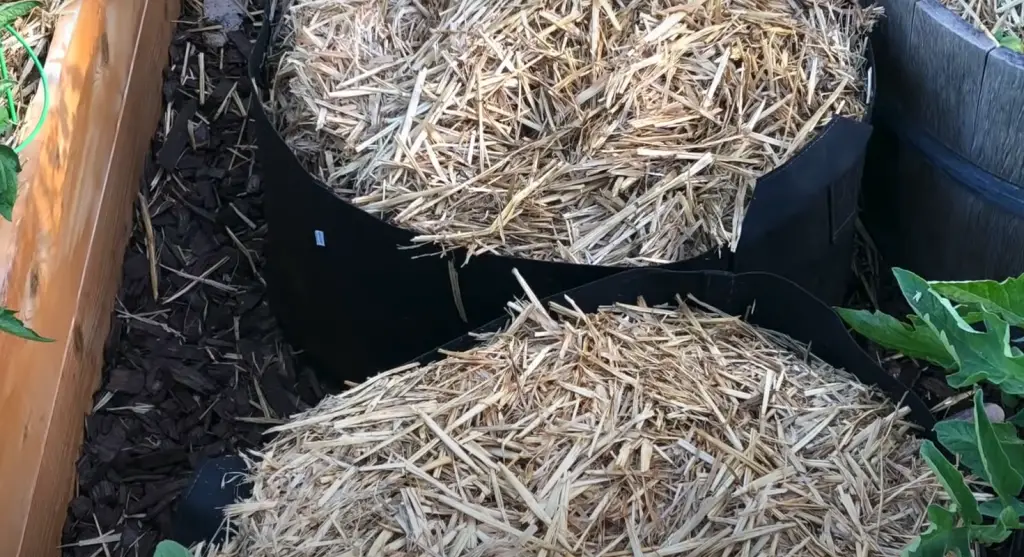
Organic mulches, such as wood chips and leaves that break down in the soil to improve it. Inorganic materials like black plastic can last longer but they don’t have any benefits for your veggies other than looking cool outside!
Mulches are an easy way to add nutrients and moisture into your soil. When you apply them, be sure that the depth of each layer is correct for what kind of mulch it will be used with – organic or inorganic materials respectively. Apply two – four inches thick for these types if desired but also follow instructions on container labels when installing any type!
Mulching your garden not only improves the health and quality of soil, but also provides a hedge against pests. There are many types to choose from so you can find one that best suits both plant growth as well as personal preference. [1]
Factors to Selecting the Right Mulch
When selecting the right mulch for your vegetable garden, consider particle size and whether it’s organic or inorganic. You should also think about how long you expect the material to last before needing another layer of material next season. This will help ensure that all resources are used efficiently!
There are different types of mulch, with each type having its own benefits and drawbacks.Mulching is when you put all these different types of mulch together in one container. This makes it so you don’t have to water or take care of your yard as much every day.
If you want to avoid chemicals in your garden, organic mulches like straw or wood chips can be a great option. However they also need frequent changing- usually every month depending on how often you use them!
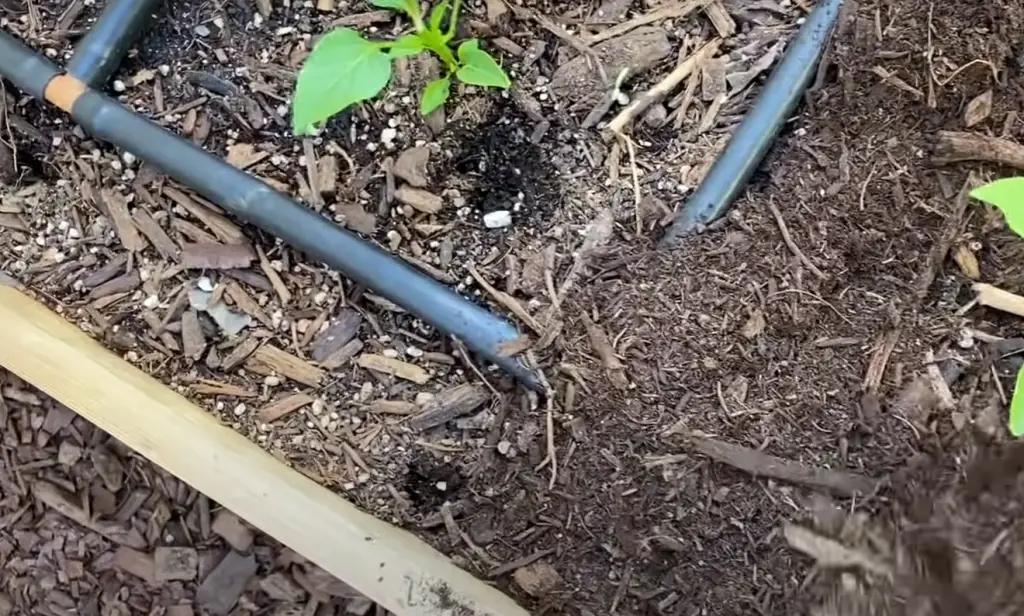
You should also consider how long the mulch will last. This is important because you don’t want to have to constantly replace the mulch in your vegetable garden. Black plastic will last for several years, while straw and wood chips will need to be replaced every year or two. [1]
The Crop
Crop rotation is an important gardening technique that helps to prevent the spread of disease and pests. It also keeps your soil healthy by giving it new nutrients every year, which means you can grow more food with less space!
There are a few different ways to rotate crops, but the most common method is to divide the garden into four sections and plant a different crop in each section each year. For example, you might plant potatoes in one section, beans in another, tomatoes in another, and squash in the fourth section.
The following year, you would move the crops to different sections so that the potatoes are planted where the beans were last year, the beans are planted where the tomatoes were last year, and so on. [1]
Weather
Mulching your vegetable garden not only protects plants from bad weather and pests, it can also help prevent soil erosion which keeps the ground moist. Mulch helps protect sensitive vegetation from extreme temperatures. It also makes the plants less likely to be targets for animals looking for food.
One of the most important things to think about when mulching your vegetable garden is the weather. You need to make sure that the mulch you choose can handle the type of weather that is common in your area.
For example, if you live in an area with a lot of rain, you’ll want to choose a mulch that can withstand getting wet and won’t rot easily. On the other hand, if you live in a very dry area, you’ll want to choose a mulch that can help keep the soil moist.
Soil Type
There’s more than one way to mulch your garden, but it is important that you consider the type and condition of soil before doing so. If you are not sure what type of tree would work best in your yard, take a sample to a local extension office or nursery for help.
Mulches are an excellent way to maintain the health and structure of your lawn. For example, if you have sandy soil, it is best not to use heavy mulch like straw or pine needles. They can make the soil too dense and this will stop the roots from growing well. You should use a lighter type of mulch, like annual hay.
This is because they can form a crust on the surface of your soil and prevent water and air from getting in. A better option would be wood chips or shredded bark.Mulch is the key to improving your soil’s quality. Organic mulches will help you achieve better results over time than mulches that are not organic. Make sure to choose a mulch that is organic and free of chemicals.
Can You Use Mulch In A Vegetable Garden?
Mulching is a great way to keep the soil moist and cool, which will make growing vegetables easier. It can also prevent weeds from germinating in your garden!
There are a few things to keep in mind when using mulch in your vegetable garden:
- Use an organic mulch, such as bark chips, straw, or leaves. Do not use inorganic mulches such as plastic or landscape fabric.
- Apply a layer of mulch to your garden that is at least two inches thick.
- If you want to prevent your vegetables from rotting, keep the mulch away from their stems.
If you follow these guidelines, mulching will be a helpful addition to your vegetable garden. [2]
What Is The Best Mulch For A Vegetable Garden?
Mulch is an important component in the successful upkeep and growing of vegetables. However, not all types are created equally – some can actually do more harm than good! Here is a list of the best mulches for a vegetable garden:
- Organic Mulches: You can make your own compost by collecting all sorts of things, like leaves and wood chips. The process helps improve the soil as it decomposes; you’ll be able to grow great vegetables with this!
- Inorganic Mulches: Instead of using these materials, consider adding some compost or cow manure to your garden for better results.
- Mixed Mulches: The use of organic and inorganic mulches is an excellent way to suppress weeds, improve soil quality as well as provide warmth for plants.
When To Mulch Your Vegetable Garden
Mulching your crops before you plant them in the spring will help them grow better. This way, they’ll be established and ready to harvest when it’s time. You can add an extra layer of mulch to your garden after harvesting. This will protect your plants from winterkill, as long as you have enough mulch available.
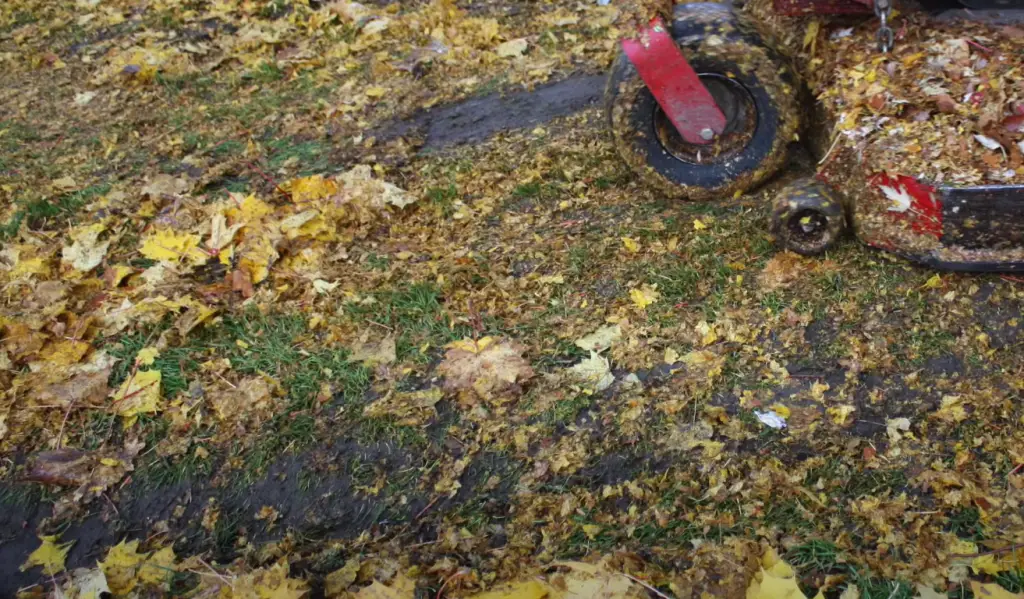
There are a few things to keep in mind when deciding when to mulch your garden:
- Mulching is an excellent way to make your lawn look great and keep it healthy. However, if you live in an area that has a lot of rain (or other weather conditions), wait until after the rainy season to add mulch for the best results!
- Mulch can help to cover up your garden’s weeds. You can put it on top of the soil, but be careful if there are already plants in the ground. Mulching too much might kill them. A thick layer of this stuff could smother them or prevent enough air flow for roots growth–so just an inch is plenty!
- If you want to use compost as mulch, make sure it’s completely finished decomposing before applying the stuff. You can tell whether or not your pile is still active by looking at its consistency.
- If there are small particles remaining in the soil, instead of being crumbly and dark, then the nutrients will be robbed from any plants that grow within them.
Benefits Of Mulching A Vegetable Garden
Mulching is an excellent way to create the perfect environment for your vegetables. Mulch is a great way to keep your soil healthy. It does this by suppressing weeds, conserving moisture, and keeping the soil temperature more consistent. Mulch can also help prevent erosion, which will add nutrients to your soil over time.
Organic materials, such as straw or bark chips, can be a good choice for landscaping because they will break down over time and add nutrients to the soil.
However, landscape fabric might not last as long as black plastic, so you might need to clean it more often. But both options have their benefits depending on what look and feel you are going for.
There are different types of mulches that you can use for your garden. For example, if the soil in an area is sandy and gritty, then coarse materials like straw or bark chips will work better than smooth rocks. They will give the soil more texture, which is what some plants need.
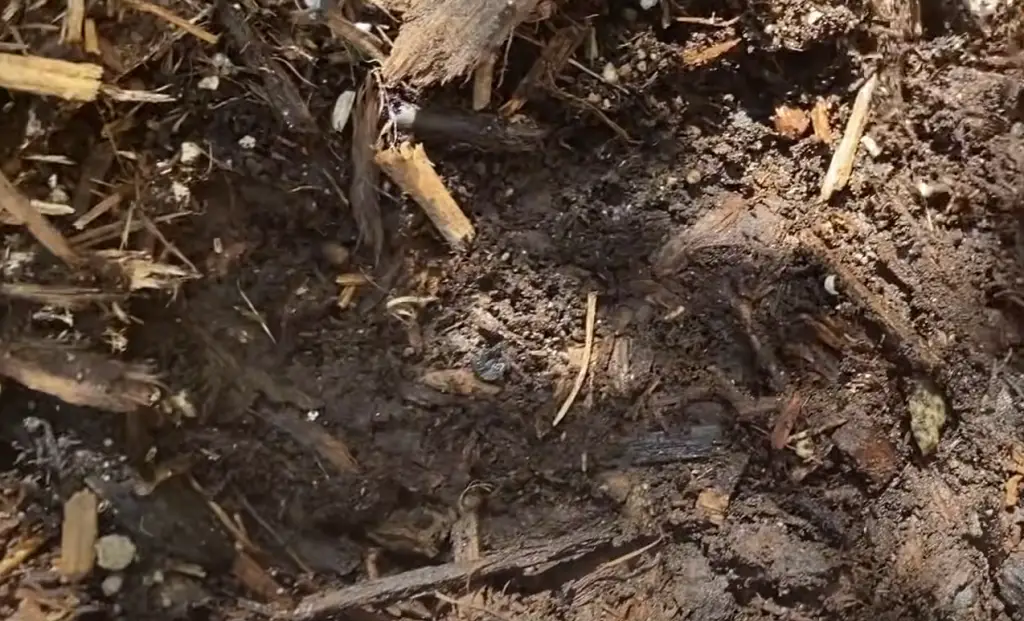
Once you’ve selected a mulch, it’s time to apply it to your vegetable garden. Mulch should be applied at a depth of two to four inches. Be sure to leave a few inches of space around the base of each plant so that water can still reach the roots. [2]
FAQ
What is the Best Mulch For a Vegetable Garden?
Mulch can be made out of many things, but not all mulches are ideal for vegetable gardens. Some common ones that you might want to consider using in your garden include wood chips or straw and leaves!
Wood chips are an excellent choice for mulching because they help suppress weeds and retain moisture in the soil. However, these same properties make them a tasty delicacy to termites!
Adding straw to your garden soil can help you to add nutrients and moisture back into the soil. This is a good way to improve the quality of your soil. One way to control weeds is by using mulch.
Mulch can also help break up hardpan that has developed over time. This happens when there is too much planting of one type of plant.
It’s important to choose the right kind of leaves for your garden.
That way, you’ll both be happy!There are many different types of mulch, but in general, the best type for a vegetable garden is one that suppresses weeds, retains moisture, and adds nutrients to the soil.
Should You Put Mulch in a Vegetable Garden?
Mulching is an important part of maintaining your garden’s health. Mulch is not only great for regulating moisture and temperature, but it can also stop weeds from growing in the soil. Weeds can ruin all your hard work.
The type of mulch you choose for your vegetable garden will depend on the climate and soil in which it’s being grown. There are many different options for mulching your garden. Wood chips or straw work well, as do organic materials such as compost or manure. Just be sure to use a type of mulch that is appropriate for the location where you will be using it.
Now that you’re ready to start a new garden, there are some things that will need attention.
- First off – get rid of any weeds!
- Next, loosen the soil so it will be easy to work with once we spread our straw or grass clippings over its surface evenly all at once (or in sections).
- Then enjoy watching your veggies grow like never before!!
Mulch can be an excellent way to keep the weeds down and retain moisture in your vegetable garden. Too much, though? You should make sure not to put too much mulch near your plants because it could suffocate them.
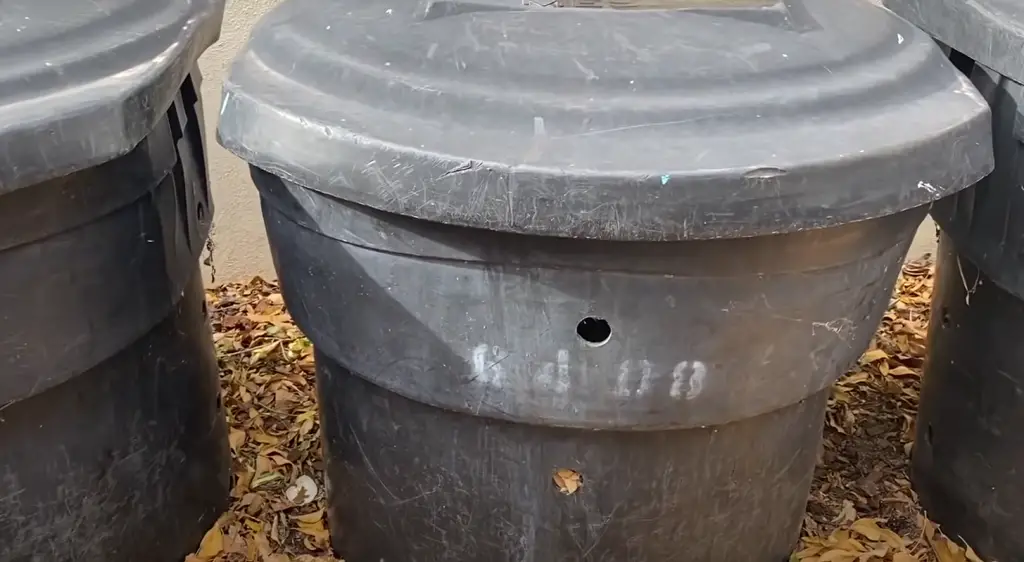
Mulching your vegetable garden is a simple and easy way to improve the health of your plants. By following these tips, you can ensure that your garden will be healthy and productive for a long time.
What Plants Should Not Be Mulched?
Some plants are best not mulched at all, or only with a very light layer of organic matter. Plants that dislike being mulched include:
- Beets
- Broccoli
- Cabbage
- Carrots
- Cauliflower
- Celery
- Corn
- Eggplant
- Garlic
- Leeks
- Lettuce
- Onions
- Peas
- Potatoes
- Radishes
- Spinach
These plants all have shallow root systems that can be damaged or disturbed by mulch. Additionally, many of these vegetables are low-growing, so they don’t need the extra insulation that mulch provides. If you do decide to mulch these plants, use a very light layer of organic matter and be sure not to cover the crown or base of the plant.
Should You Put Mulch Around Tomato Plants?
Mulching your tomatoes is a great way to keep the soil moist and prevent weeds. You can use any type of mulch, but straw or hay are popular options because they help the soil to dry out quickly. This is important because it helps to get rid of any contaminants that might have been left behind. Even if it rains a lot, this will still work well.
Mulch can be used to protect the roots of your tomato plants from the hot sun. This is especially important in areas with very warm summers. In these areas, it is especially important to take care of your plants not just for growth but also pest protection.
What Month Should You Mulch?
The best time to mulch your vegetable garden is in the early spring, before you plant anything. This will help the soil warm up and give your plants a chance to get started. You can also mulch in the fall, after you harvest everything, to help protect the roots of your plants from winter weather.
Mulching your vegetable garden not only helps to keep the soil moist and cool, but it can also prevent weeds from taking over. Along with that come other benefits like adding nutrients into what you’re growing in them.
Should I Water Mulch After Putting it Down?
It’s generally a good idea to water your mulch after putting it down. This will help it to settle in and start doing its job. It’s especially important to water if you’re using dry mulch, like straw or hay.
Useful Video: MULCHING YOUR GARDEN: WHAT to use and HOW to use it
Conclusion
Mulching your vegetable garden is a great way to protect your plants, improve the soil, and reduce water usage. Making sure your mulch is effective in keeping your plants healthy is easy. Just follow these simple steps.
Have you tried mulching your vegetable garden this year? What tips would you add?
References:
- https://www.gardeners.com/how-to/mulch-for-vegetable-gardens/5013.html
- https://getbusygardening.com/mulching-vegetable-garden/





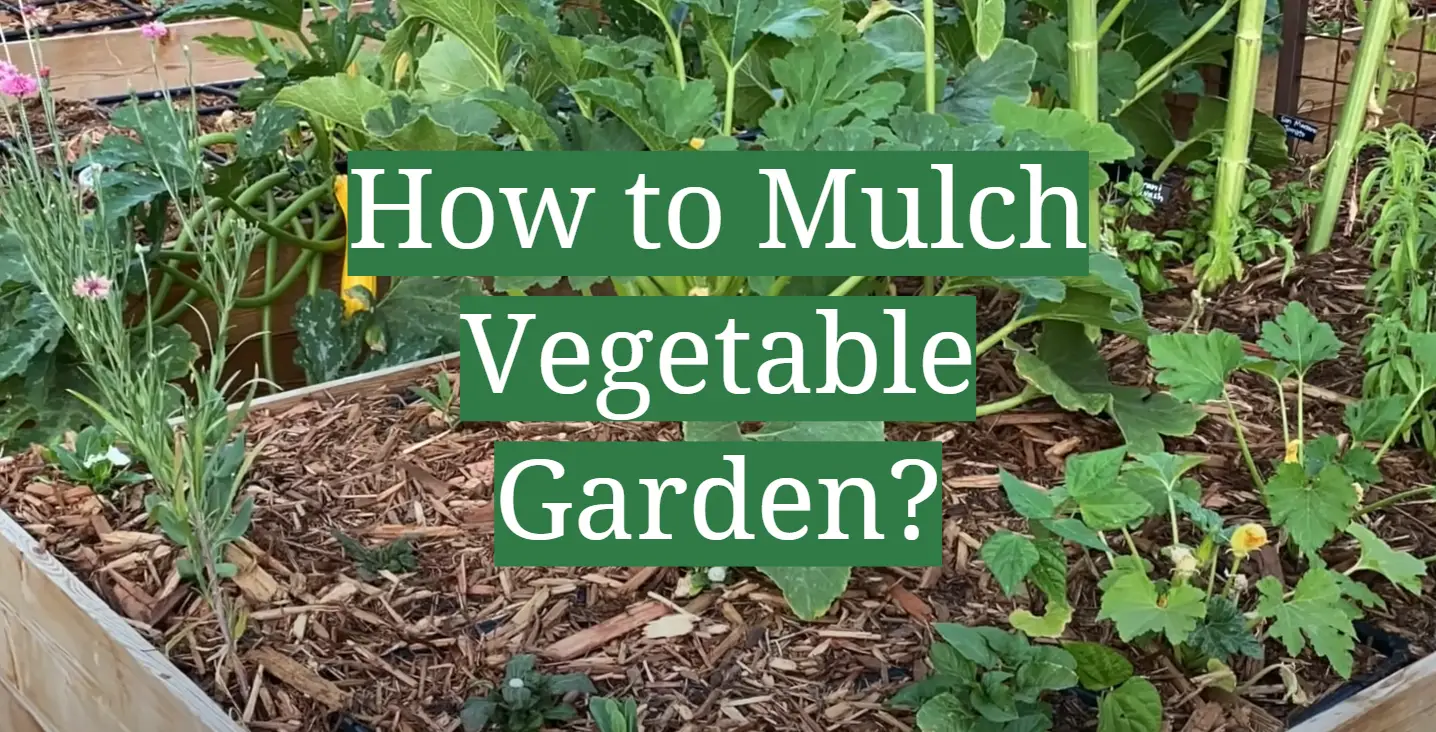
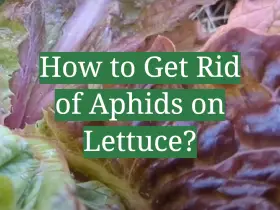
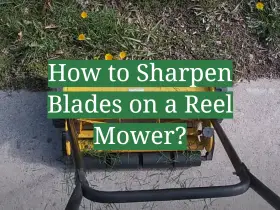
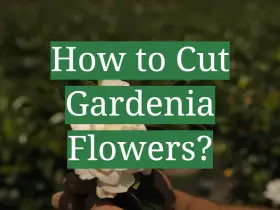
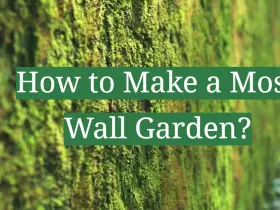
Leave a Reply
View Comments